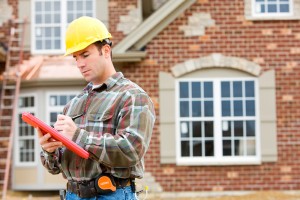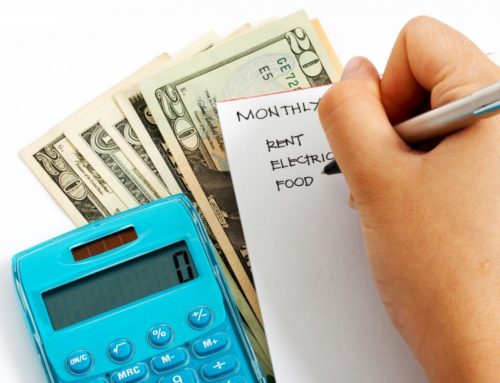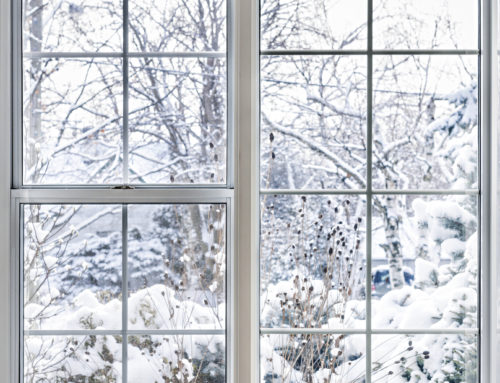
Most realtors will suggest that you to get your potential house inspected. While you’re working with the inspector, you should keep several things in mind, not only to understand what the inspector is telling you, but to make sure nothing is being missed.
Find a Reliable Home Inspector
Your real estate agent works with certain inspectors all the time. They will recommend people for you to work with, although most realtors are not responsible for arranging the inspections themselves. You should carefully consider these inspectors, but also vet them yourself. Look their names and business ratings up online. See who has experience and good word-of-mouth. If you choose someone not on your realtor’s list, they won’t take it personally. Remember that this is a major investment at risk, so feel confident about who you have checking it out for you. This is not the right time to find the cheapest option.
Have a list of questions to ask the potential inspector, such as:
- What will you inspect?
- Can you show me a sample report?
- How long have you been an inspector, and how many houses have you checked?
- How do you make sure you’re up-to-date?
Understand Your State’s Guidelines
Not every state uses the same guidelines for inspections. There are several states, including Kansas and Missouri, that do not require inspectors to be licensed through some authority. Understand what rules the inspectors have to follow, and then check to see what rules they set for themselves. If possible learn where the inspector trained, and find out what that agency’s rules and standards are.
Prepare for Things That Get Missed
Even the best, most reliable inspectors are only human. They have a lot of things to check on, and it’s possible they might not catch everything. That’s one reason you will want to be present during the inspection. You might also want to find a checklist of things to look at before the inspector arrives, to point out possible areas of concern. Such a checklist could include:
- Foundation–are there cracks, shifts, or signs of dampness on the walls?
- Grounds–how is the drainage? Do you see water puddling around the house?
- Roof–can you see anything wrong with the roof, either from inside or outside? Especially look for leaks into the attic or the ceiling
- Exterior–are you going to need to repaint or do small repairs? Is this possibly the sign of deeper damage?
- Electrical–do all switches work? Are there any mystery outlets or switches? Do you notice any browning around outlets?
- Plumbing–all faucets and drains work? The toilet doesn’t seem to have issues? Any leaks under sinks?
- Heating/cooling–how old is your water heater, furnace, and air conditioner? Do they need to be replaced soon?
- Odor–try to spend time to find odd smells, especially if they seem like rot or mildew
You May Need Specialists
Also, don’t assume your inspector will do repair work for you. It’s better to divide the work between inspections and repairs anyway, because you don’t want to tempt people into finding things that aren’t there. Also, if there are concerns that the inspectors don’t often handle, such as a close examination of the roof, grading, or whether there are any possible hazardous materials, talk to them about who specializes in that work.
While a home inspection is not a guarantee that everything will be perfect in your home, it can help you feel more at ease with your new house. It can also help you prepare for the future as a happy homeowner.



